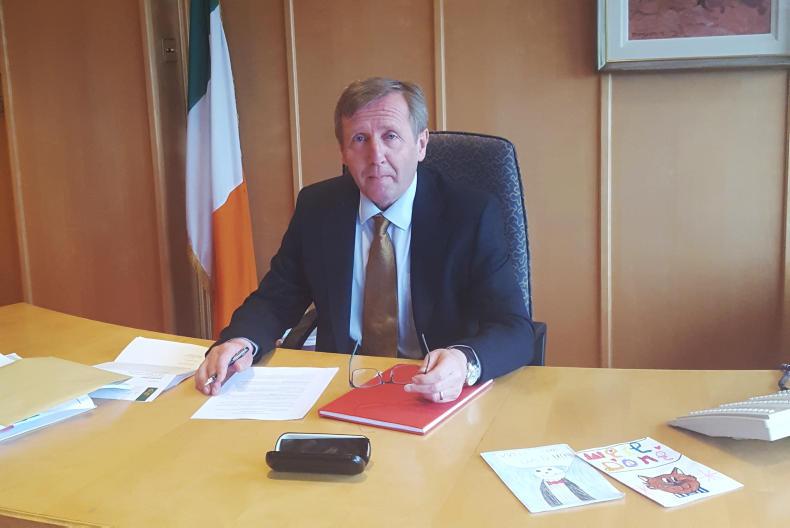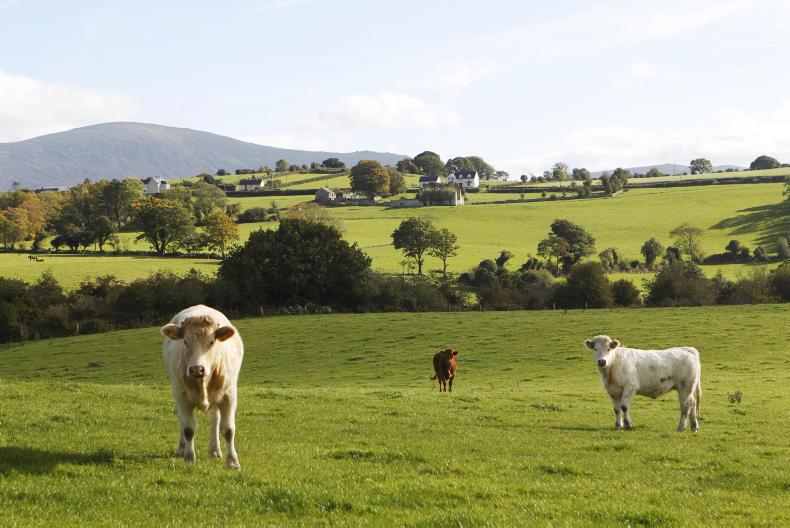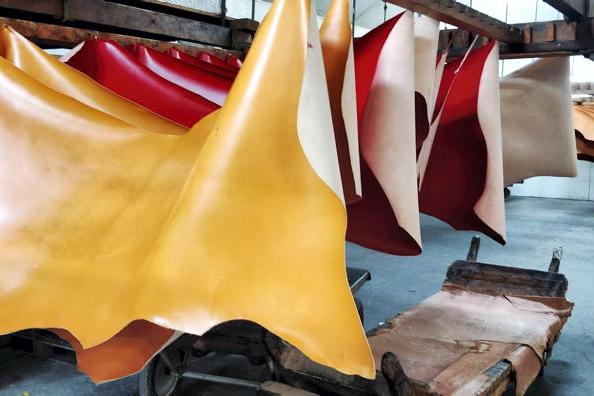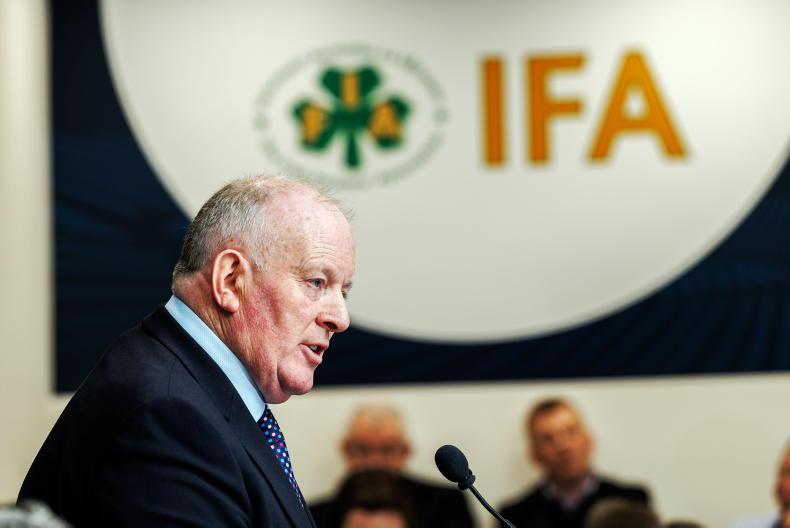It’s just after 5pm on Tuesday this week and Minister for Agriculture Michael Creed is sitting in his office on the fifth floor of Agriculture House on Kildare St, Dublin. Minister Creed has just come from a briefing with the media where he announced some of the finer details of the Department of Agriculture’s budget for 2017 and he has the appearance of a man at ease with a day’s work that won’t be finished until much later that night.
So how does he feel after getting his first budget across the line as a senior minister? “It’s a relief,” he replies candidly. “It was a race against time to get this [the budget] across the line but overall I think we’ve managed to deliver a strategic set of gains for farmers.”
Since the general election last February, the landscape of Irish politics has shifted to completely new territory. While we are generally used to leaks and kite-flying in the lead-up to a budget, this year’s instalment was perhaps the most flagged and negotiated in the history of the State, given the dependence of the minority Fine Gael and Independent Alliance Government on the supply and confidence agreement with Fianna Fáil.
The current arrangement in government buildings means there are fingerprints from all sides of Leinster House all over this year’s budget. For example, the new capital gains tax relief on payments under the raised bog restoration scheme will surely be claimed by Independent TD Michael Fitzmaurice.
So has the minister been able to put his own stamp on this budget given how open the negotiation process has been to outside influence?
“Absolutely. I take full ownership for the €150m low-interest loan fund we’re making available to farmers,” says Creed. “This financial product is a recognition of the immediate difficulties facing farmers. For me it’s a ground-breaking package and a template that can be replicated again.”
The new loan fund will see €150m made available to Irish farmers to draw down in loans at a maximum value of €150,000. The major attraction of the loans is the discounted lending rate of 2.95%, which has been subsidised by the National Exchequer.
Perhaps most telling were the noises coming from representatives of the SME sector when the €150m low-interest loan fund was announced on Tuesday as it’s the kind of cashflow funding many small businesses would relish right now.
It’s also interesting to hear from Minister Creed how the behind-the-scenes negotiations for this budget took place. He says it was a real race against time to get an agreement on the €150m loan fund with the Strategic Banking Corporation of Ireland (SBCI) in the days leading up to the budget.
Last minute
Indeed, by the time Minister for Finance Michael Noonan got to his feet in the Dáil on Tuesday afternoon, the ink was hardly dry on this new proposal. The Agriculture Minister says he had numerous meetings and conference calls with Nick Ashmore, the chief executive of SBCI, and discussions went right down to the wire on Monday night. Creed says he was adamant the Department had to secure a lending rate below 3% for the new loan fund.
Similarly, Creed admits that a meeting in the days leading up to the budget with Minister for Public Expenditure Paschal Donohoe was also crucial in terms of securing additional funding for the Rural Development Programme, which allowed for schemes such as the €25m sheep scheme and the additional GLAS budget.
“I had a critical meeting with Minister Paschal Donohoe in the lead-up to today. If the outcome of that meeting had not been what it was then this could have been a very different budget for the Department,” he adds.
Challenges ahead
The next item on Minister Creed’s agenda will be to ensure the prompt delivery of payments to farmers through the different farm schemes over the coming weeks, which leaves little time to savour the fruits of his labour. The majority of the farm organisations have broadly welcomed the measures outlined in Budget 2017, with IFA president Joe Healy describing the minister as accessible and willing to listen.
Since his appointment as Minister for Agriculture in May this year, Creed has brought renewed energy to the position, which you would expect from someone in senior office for the first time.
However, it’s been a very difficult year for Irish farmers in terms of income volatility, and the threat of Brexit still looms very large on the horizon. Greater challenges are yet to come.










SHARING OPTIONS